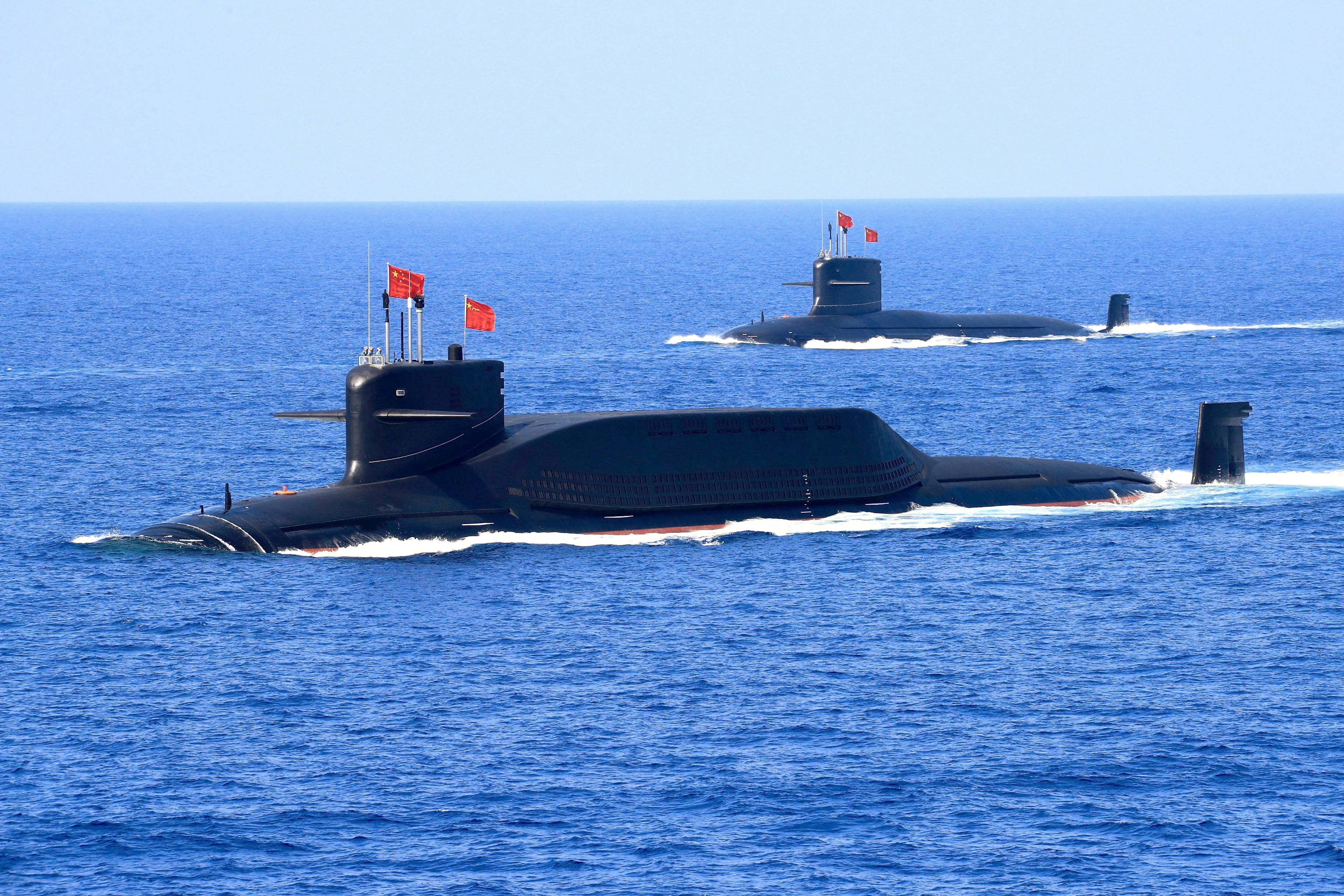China threatens ‘diehard’ Taiwan separatists with death penalty despite lack of jurisdiction
New guidelines from China court advocates severe punishment for those inciting succession

Your support helps us to tell the story
From reproductive rights to climate change to Big Tech, The Independent is on the ground when the story is developing. Whether it's investigating the financials of Elon Musk's pro-Trump PAC or producing our latest documentary, 'The A Word', which shines a light on the American women fighting for reproductive rights, we know how important it is to parse out the facts from the messaging.
At such a critical moment in US history, we need reporters on the ground. Your donation allows us to keep sending journalists to speak to both sides of the story.
The Independent is trusted by Americans across the entire political spectrum. And unlike many other quality news outlets, we choose not to lock Americans out of our reporting and analysis with paywalls. We believe quality journalism should be available to everyone, paid for by those who can afford it.
Your support makes all the difference.China on Friday threatened to impose the death penalty in extreme cases for “diehard” Taiwan independence separatists, a ratcheting up of pressure even though Chinese courts have no jurisdiction on the democratically governed island.
China, which views Taiwan as its own territory, has made no secret of its dislike of President Lai Ching-te who took office last month, saying he is a “separatist”, and staged war games shortly after his inauguration.
Taiwan has complained of a pattern of ramped up Chinese pressure since Mr Lai won the election in January, including ongoing military actions, trade sanctions and coast guard patrols around Taiwan-controlled islands next to China.
The new guidelines say China’s courts, prosecutors, public and state security bodies should “severely punish Taiwan independence diehards for splitting the country and inciting secession crimes in accordance with the law, and resolutely defend national sovereignty, unity and territorial integrity”, according to China’s state-run Xinhua news agency.
The guidelines are being issued in accordance with laws already on the books, including the 2005 anti-succession law, the news agency reported.
That law gives China the legal basis for military action against Taiwan if it secedes or seems about to.
Sun Ping, an official from China’s Ministry of Public Security, told reporters in Beijing the maximum penalty for the “crime of secession” was the death penalty.
“The sharp sword of legal action will always hang high,” she said.
There was no immediate response from Taiwan‘s government. One official told Reuters they were still digesting the contents of the new guidelines.
The guidelines detail what is considered a crime worthy of punishment, including promoting Taiwan‘s entry to international organisations where statehood is a condition, having “external official exchanges” and “suppressing” parties, groups and people that promote “reunification”.
The guidelines add a further clause to what could be considered a crime - “other acts that seek to separate Taiwan from China” - meaning the rules can be broadly interpreted.
Mr Lai has repeatedly offered to hold talks with China but has been rebuffed. He says only Taiwan‘s people can decide their future.
China has taken legal measures against Taiwanese officials before, including imposing sanctions on Hsiao Bi-khim, Taiwan‘s former de facto ambassador to the United States and now the island’s vice president.
Such punishments have little practical effect as Chinese courts do not have jurisdiction in Taiwan, whose government rejects Beijing’s sovereignty claims.
Senior Taiwanese officials, including its president, also do not visit China.
Join our commenting forum
Join thought-provoking conversations, follow other Independent readers and see their replies
Comments